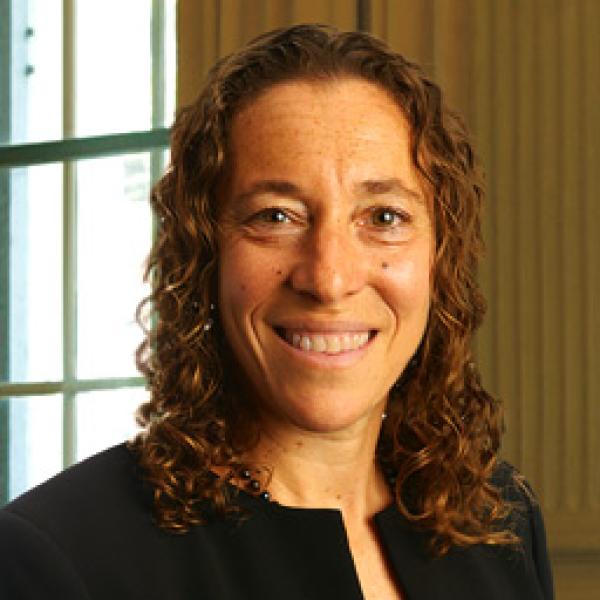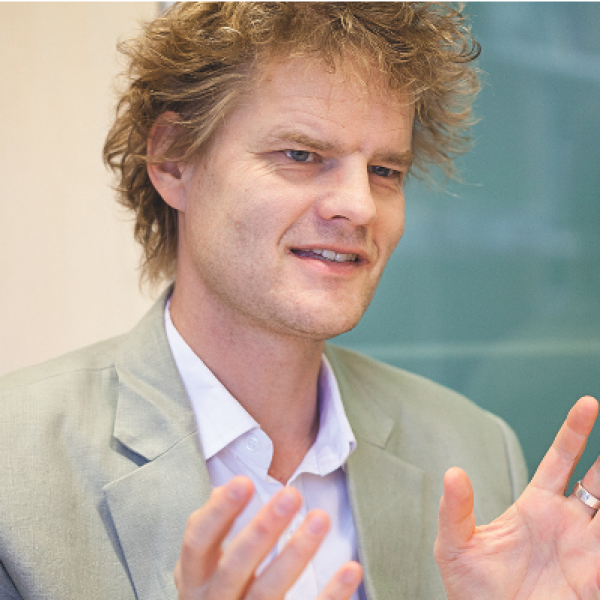Corruption and Controlling Shareholders
Abstract
Controlling shareholders have been directly involved in some of the largest and most consequential bribery scandals in the world over the course of the last decade. Nevertheless, the academic literature and the dominant international model of anticorruption law have neglected the dynamics and implications of controlling shareholder involvement in the payment of bribes. We examine how controlling shareholders may be uniquely positioned to lead corrupt schemes, and analyze the incidence of this phenomenon in recent U.S. enforcement actions under the FCPA and in Brazilian enforcement actions under the Car Wash (Lava Jato) anticorruption operation. Controlled companies account for a minority of the FCPA cases, but for a large majority of the Brazilian cases. Controlling shareholders were implicated in a significant portion of actions against controlled companies in both contexts. We argue that the dominant international model premised on organizational liability and incentives for compliance programs is ill-suited to address cases of bribery led by controlling shareholders, and call for a distinct array of legal responses.












